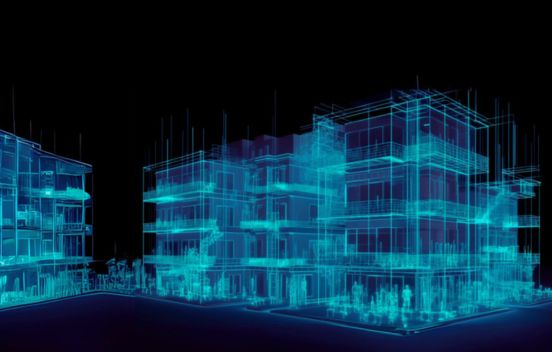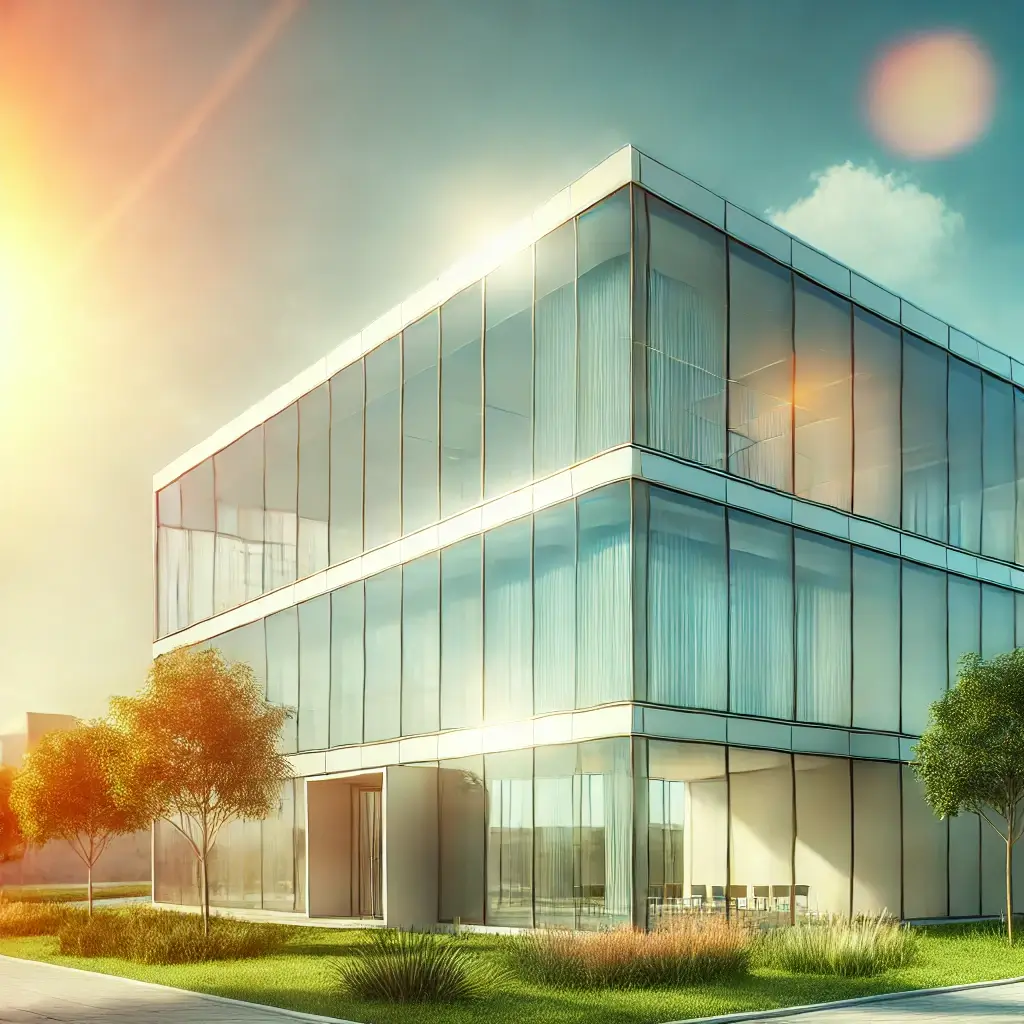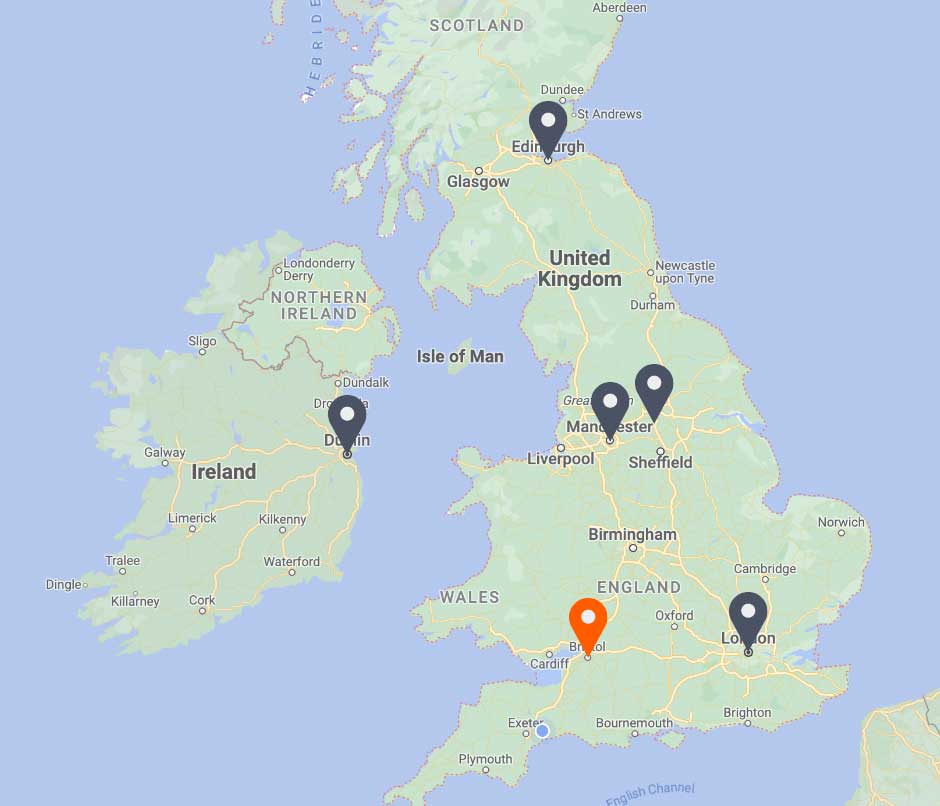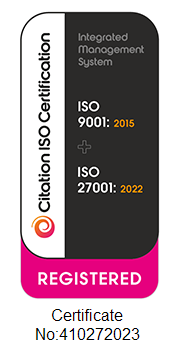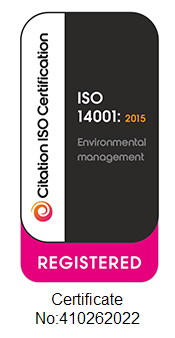THIS ARTICLE AT A GLANCE
CONTACT ETS
If you have any questions or would like to discuss further what you should be doing, ETS is here and willing to help.
Call 0117 205 0542
Email enquiries@energy-ts.com
Submit a contact form
CHECK OUR SERVICES
Do you have full control of your HVAC System?

Your HVAC system does more than maintain building temperature. It can play a direct influence on occupant comfort and productivity levels, energy bills, as well as health and safety.
In recent years we have seen a dramatic growth in building connectivity and controls automation technology. Despite this, it is still not uncommon for the HVAC to be managed separately from the BMS. Two of the most prevalent reasons for this issue are:
- Change of building use or design
- Tenants installing their own AC units
Tenants Installing their own AC units
Landlords will often install the Heating and Ventilation system and allow the tenant to install additional Air Conditioning (AC) units. As a result, it is not uncommon for the AC units and the Heating system to have different control parameters. Unless these two systems are connected through a central BMS, it is possible to have different temperature set points. One system maybe trying to cool the building to reach 20oC, while the other is trying to heat to 22oC- i.e. the two systems are operating in conflict.
To avoid this issue, ensure your AC unit is integrated with the BMS. Alternatively, reconfigure the AC unit so that it has the same control parameters as the centralised heating system. If you don’t do this, not only will the systems use more energy, but comfort conditions will also be impacted.
Change of building use
Most modern office designs are open-plan. The floor areas are heated and cooled via Fan Coil Units (FCU’s) and commissioned mechanically including air flow. When a tenant moves into a building, they will often make alterations to the office space for example, undertaking a fit-out with cellular offices.
Refurbishments and changes to internal floor space often negates the original design of the building. Little consideration is given to the impact of air flow from the FCUs or the position of sensors. Invariably, grills are left in the wrong position and supplying the incorrect air flows; this then delivers the incorrect data to the BMS. As a result, occupants experience issues with heating and cooling as well as FCU supply.
Building services engineers or controls specialists need to be consulted when making alterations to a building. Speak to one of our specialists today on 0117 379 0850. We will be able to provide guidance and advice to improve your buildings performance.
More Answers
Final thoughts
If you are looking for an energy management system that is tailored to your business needs, ETS can provide you with 25 years of experience in dramatically improving energy efficiency and reducing environmental impacts. Whether your businesses have individual assets or large international portfolios, ETS can assist you in saving substantial amounts of money while significantly reducing your carbon performance.
To discuss your requirements, get in touch. You can contact us by calling 0117 205 0542 or drop us an email at enquiries@energy-ts.com.
Related Article
8 Ways Businesses Can Reduce Energy Use in the Workplace This Winter
Discover how to comply with ESOS Phase 4 and unlock energy-saving opportunities for your business. This guide explains the requirements, highlights key deadlines, and provides actionable strategies. Learn how energy audits, tailored action plans, and expert support can reduce costs, improve efficiency, and align your organisation with sustainability goals.
ESOS Action Planning: Complying with Phase 4 and Implementing Energy Saving Strategies
Discover how to comply with ESOS Phase 4 and unlock energy-saving opportunities for your business. This guide explains the requirements, highlights key deadlines, and provides actionable strategies. Learn how energy audits, tailored action plans, and expert support can reduce costs, improve efficiency, and align your organisation with sustainability goals.
Important Update: What You Need to Know about ESOS Phase 3
Time is ticking for the ESOS Phase 3 deadline. The Environment Agency announced that the reporting system is available now. For organisations qualifying for ESOS Phase 3, the deadline for submitting a compliance notification is 5 June 2024, and organisations should still look to meet this compliance notification deadline where possible.












